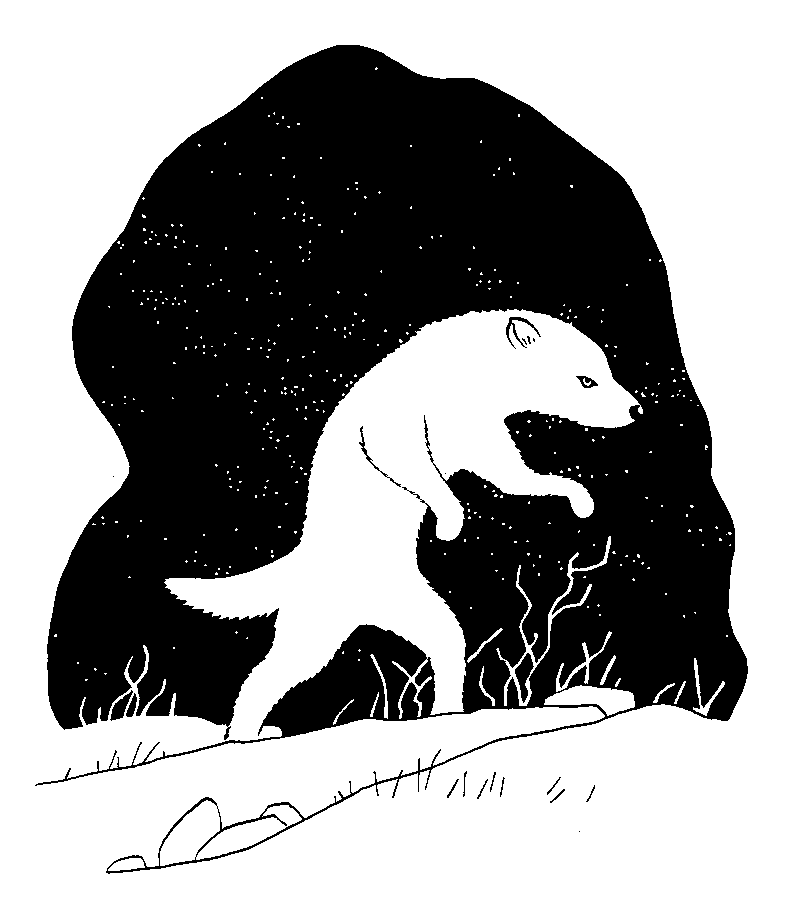Raven Leilani’s ‘Breathing Exercise’ and the Horror of Female Healthcare
- emihorley
- May 12, 2025
- 2 min read
Raven Leilani’s ‘Breathing Exercise’ unflinchingly explores the horrors of being an ill woman, and especially a woman of ethnic minority, at the whim of an indifferent healthcare system and the perversion of our own coping mechanisms.
Her protagonist, an artist who finds herself under the unscrupulous scrutiny of art critics, doctors and stalkers alike, weaves between battles against her own failing lungs, her mother’s loving concern, and her misunderstood creative practice. Her performances, often involving shocking trials of bodily abuse, are disregarded as ‘self-inflicted martyrdom for a problem as tired as Western European beauty standards.’ Though she fears ‘making a spectacle of Black pain,’ of ‘feeding the machine she loathed,’ it is through this creative practice that she regains what little control she can find in a world which denies both the immediate pain of her body and the ‘tired’ Western standards which refuse her care.
Leilani’s work wedged itself deep into my gut the minute I read it, mirroring my own experiences with medical ‘professionals’ with uncomfortable accuracy. The patronisation of doctors, who ‘mispronounced her name and prescribed an antihistamine,’ who shamelessly gaslit and proclaimed ‘everything looks fine’ reflected my own maddening appointments and those of countless other women, each living their own individual horror stories.
Leilani aptly writes how ‘Because she was a woman, she had been taught to distrust herself, and there was no certainty she held that had not been vetted for the cute, indelible madness of female error.’ The desperate attempt to translate the pain of a body that feels as though it no longer wants you in it, is a symptom of a world that dismisses your suffering and will have you believe that pain is innate to your sex, and your race. In one passage a critic proclaims that there is ‘nothing radical, nothing avantgarde about a Black woman’s proximity to death.’ The horror of a body that alienates you is magnified by the insistence that it is an alienation you deserve.
Horror serves as a paradoxically comforting and deeply uncomfortable vessel for female illness. There is consolation to be found in the unbridled descriptions of a body that is reduced to non-existent yet deserved suffering, the pathos evoked by a cruel healthcare system, the satiation of ‘an insatiable resolve to live beyond the body.’ Leilani affords us a brutally honest insight into the horrors of illness, both in the body and in the minds of an apathetic society.


Comments